Intraocular Pressure Article

(Free Shipping)

(Free Shipping)

(Free Shipping)
Cannabis Use for Glaucoma and Associated Pain
Source:
https://www.ncbi.nlm.nih.gov
Link:
https://www.ncbi.nlm.nih.gov/books/NBK572112/
Article Summary:
Glaucoma, a leading cause of irreversible blindness, involves the degeneration of retinal ganglion cells and the optic nerve. Managing intraocular pressure (IOP) is crucial to treatment. Historically, cannabis, including its psychoactive component THC and non-psychoactive CBD, has been used for various therapeutic purposes, including lowering IOP. Cannabinoid receptors, CB1 and CB2, are widely present in the eye. CB1 receptors are found in various parts of the eye including the corneal epithelium, ciliary body, and multiple retinal layers, while CB2 receptors are located in the corneal epithelium and retinal layers. Research over the past fifty years has shown that THC can lower IOP, with studies dating back to 1971 demonstrating significant reductions in IOP after THC administration. However, the effect is typically short-lived, lasting about four to five hours. Various delivery methods, including intravenous and sublingual administration, have been tested with mixed results. Topical administration faces challenges due to THC’s poor solubility. THC may also offer neuroprotective benefits. Studies in both humans and animals suggest THC can improve optic nerve blood flow and retinal hemodynamics, and reduce retinal ganglion cell loss. Cannabinoids may exert neuroprotective effects by inhibiting glutamate and nitric oxide production, and by vasodilating effects which enhance blood supply to the optic nerve. Despite potential benefits, cannabinoids may have adverse effects on the retina, such as increased neuronal background noise and delayed visual information transmission. Systemically, cannabis can impair cognitive and social functions, and is associated with behavioral and end-organ toxicity. Chronic use can lead to respiratory issues, immune suppression, and fertility problems. Cannabinoids, particularly THC, show promise in lowering IOP and providing neuroprotection in glaucoma patients. However, their short-lived effects and potential adverse impacts on retinal and systemic health necessitate further research to fully understand their therapeutic viability and safety.
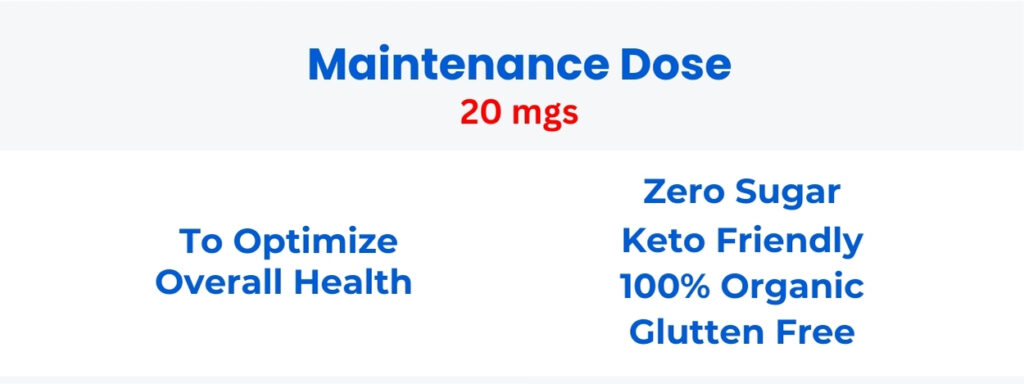
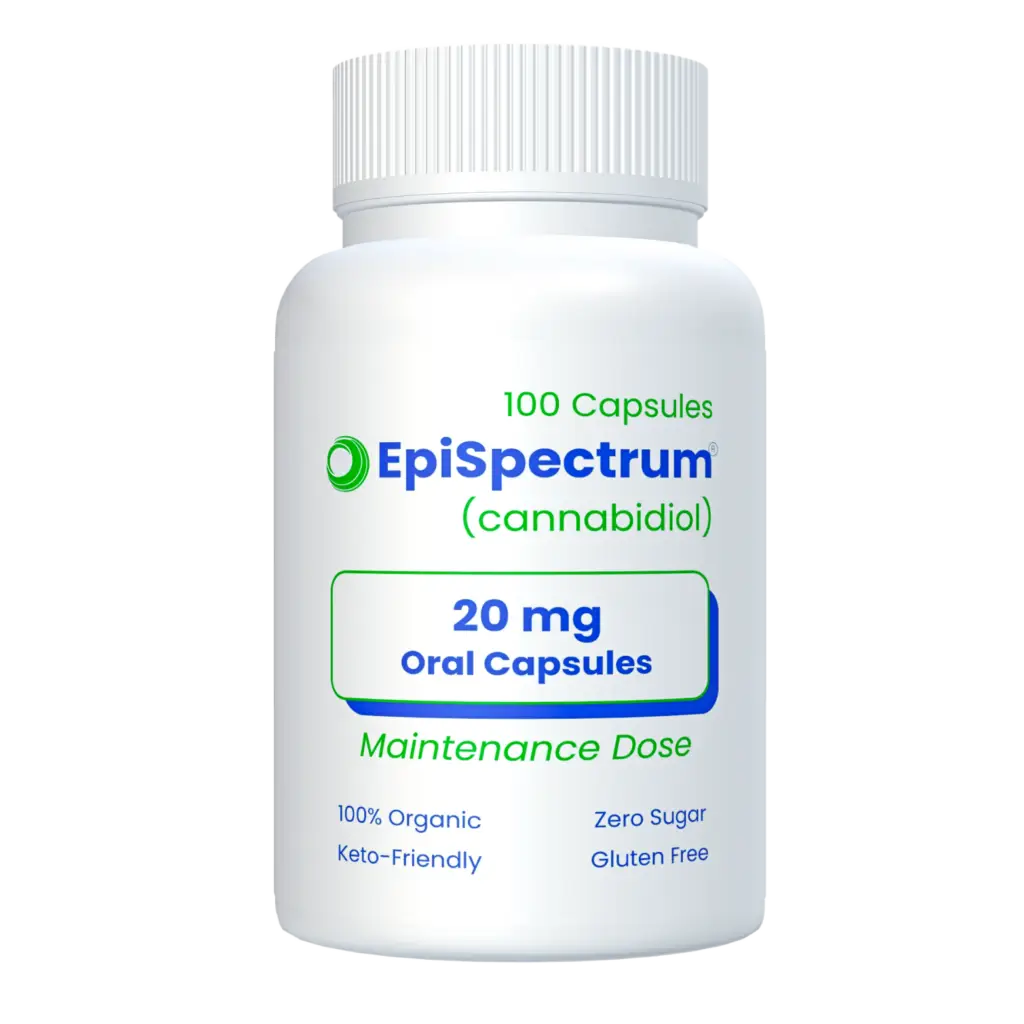
Buy Here
Free Shipping
Choose Below
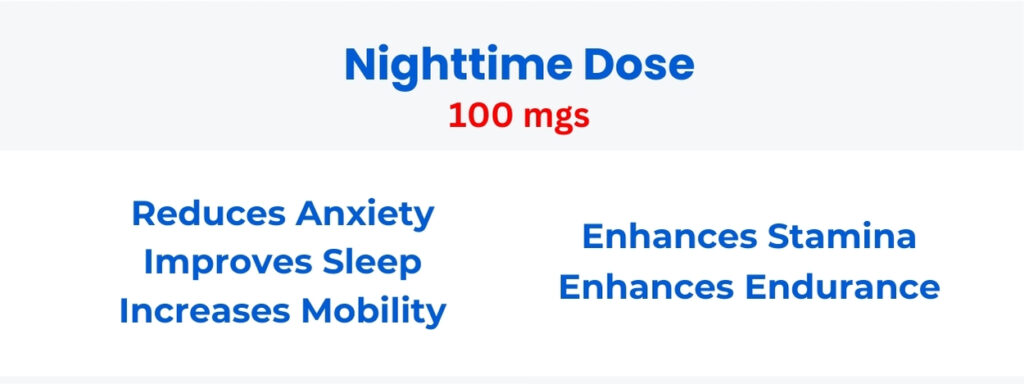
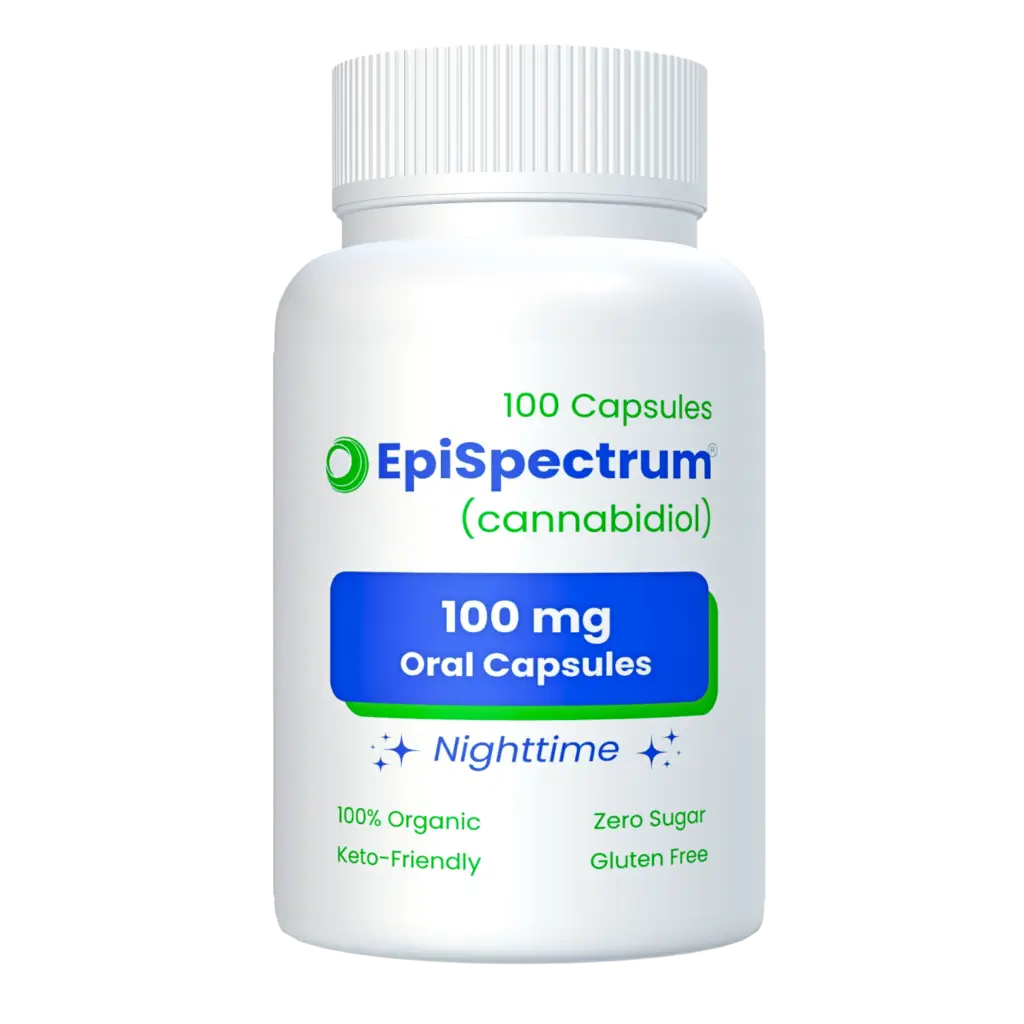
Buy Here
Free Shipping
Choose Below

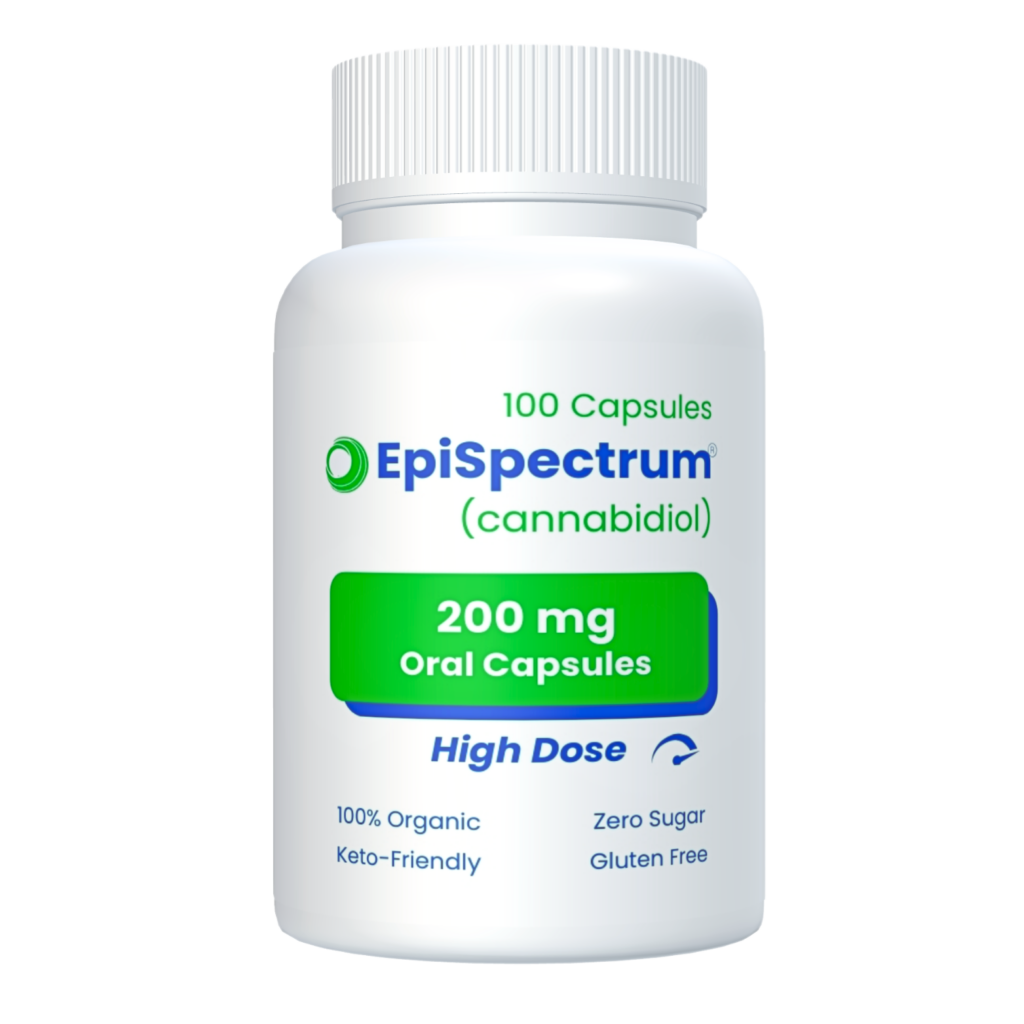
Buy Here
Free Shipping
Choose Below